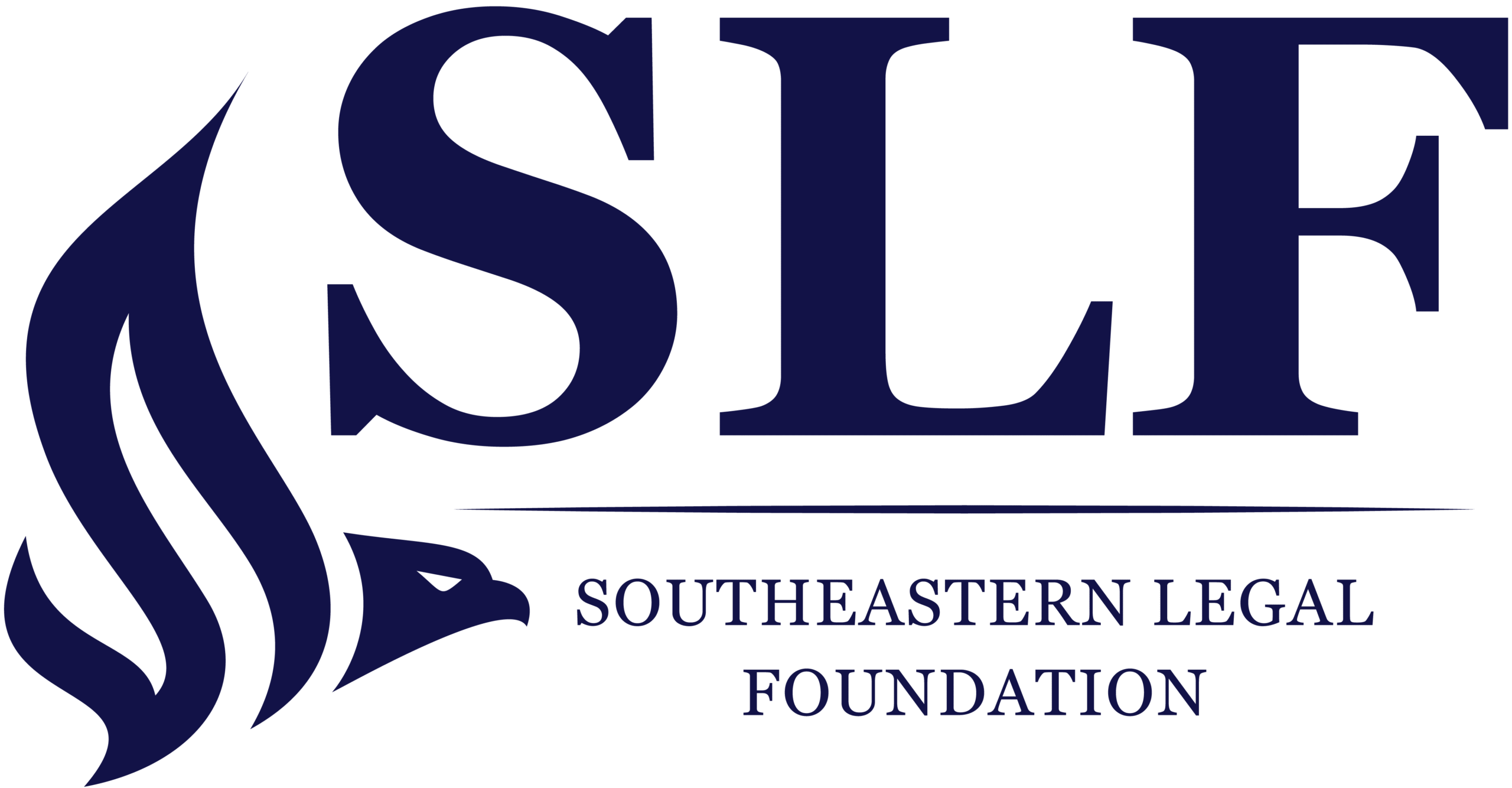Southeastern Legal Foundation (SLF) filed an amicus brief with the United States Supreme Court supporting Students for Fair Admissions in their challenge against Harvard University’s admissions policy that unconstitutionally discriminates against Asian-Americans.
For decades, SLF and its allies have argued before the Supreme Court that admissions policies that give blanket preferences (and penalties) based on race violate several important constitutional rights—and the Harvard case brings an important new set of facts to this decades-long debate.
Read More
As SLF explains in its brief, Harvard penalizes Asian-American applicants solely because they are Asian-American. At the same time, it gives preferences to African-American and Hispanic applicants. This is apparent as early as high school, when Harvard recruits students based on the color of their skin. Then, at every step of the admissions process, Harvard admissions officers consider applicants’ race. They even examine the racial composition of an entire class when deciding to advance or reject an application; if a race seems underrepresented, Harvard will advance the application of a student of that race. As a result, Asian-American students who demonstrate impressive potential are rejected at a shocking rate.
Harvard, and colleges like it, argue that discrimination is necessary to achieve diversity of color and, by extension, diversity of thought. But in practice, this is untrue. As SLF writes, one recent survey of 20,000 college students shows that as many as 60% avoid sharing their opinions out of fear of how others will react. And by obsessing over race at every stage of the admissions process, colleges teach their students to do the same. In spring of 2021, for example, Columbia University held six different multicultural graduation celebrations. And in 2020, an African-American student asked students to leave the college’s new Multicultural Student Center because they were white.
In its brief, SLF urges the Supreme Court to hear SFFA’s case and strike down race-conscious admissions policies like Harvard’s as unconstitutional, discriminatory, and dangerous.
